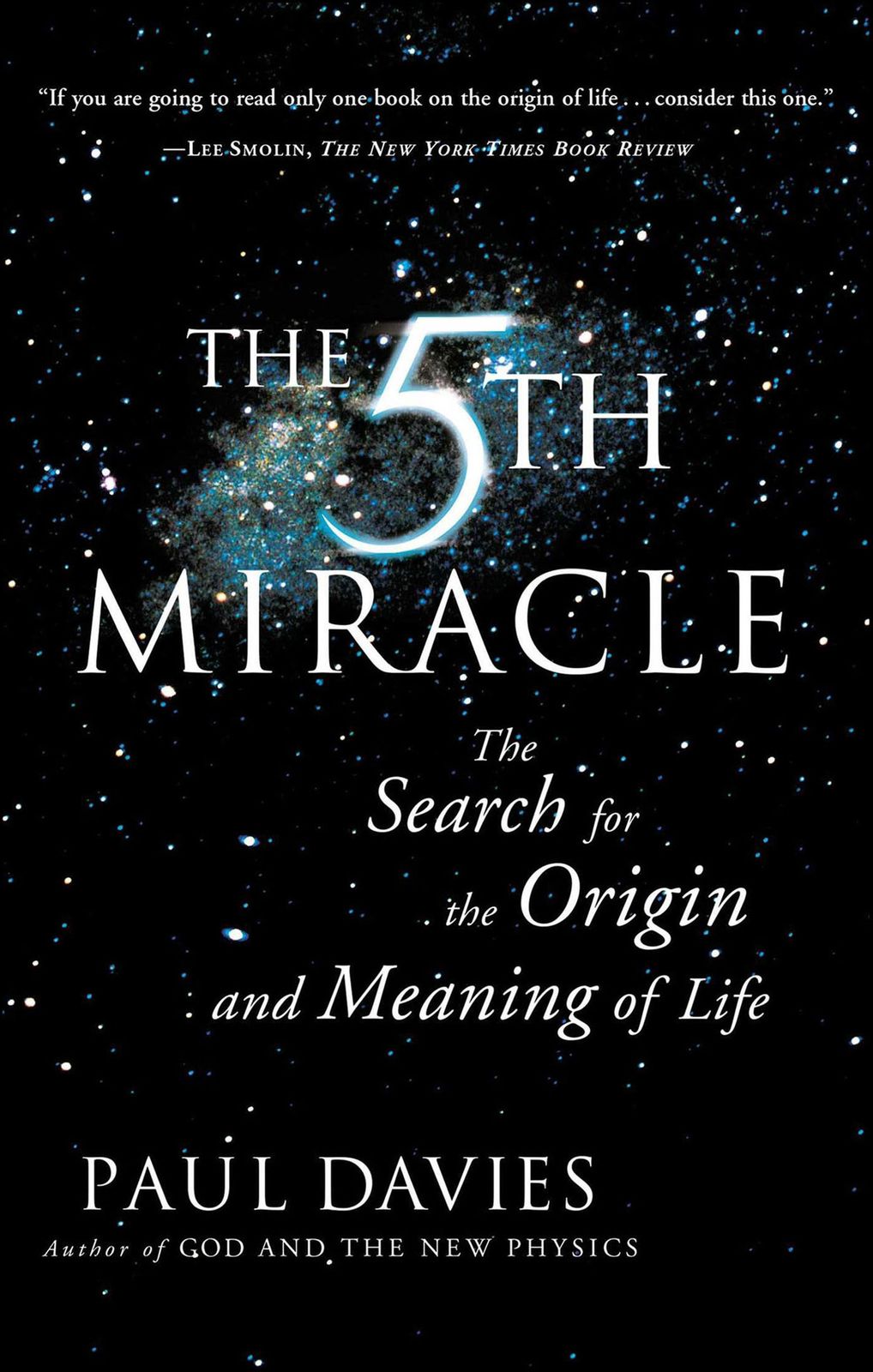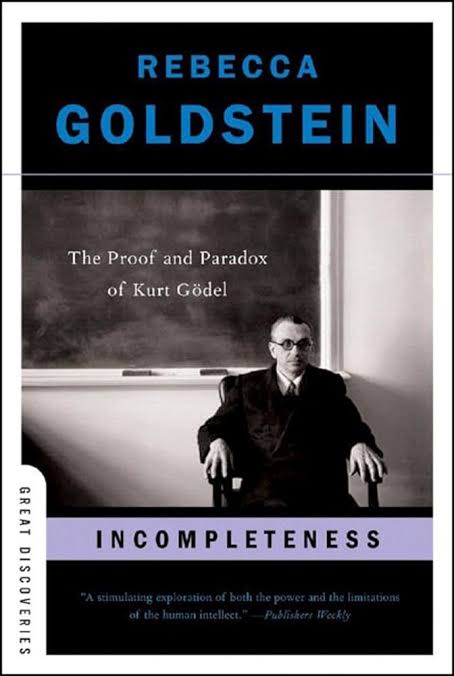Leitura & Ciência
Johannes Gensfleisch zur Laden zum Gutenberg, ou apenas Johannes Gutenberg, teve um papel fundamental na disseminação da prática da leitura silenciosa no século XV. O desenvolvimento de um sistema mecânico proprocionou uma grande revolução na impressão de material 
para leitura. Tal feito abriu as portas para o avanço da ciência baseada no conhecimento e sobretudo a disseminação em massa do conhecimento.
No coração dos diversos programas de pós-graduação (PPGs), o avanço da ciência e disseminação do conhecimento são pontos fundamentais para o densenvolvimento da sociedade.
Do latim, Lectio et Scientia pode ser traduzido para leitura e ciência. Esse espaço é dedicado a divulgação de material literário, de caráter científico e não técnico, que traz ao público em geral sugestões de leitura que vão além do escopo da pesquisa desenvolvida em nosso PPG. Todo mês, duas sugestões são apresentadas com uma pequena discussão sobre o conteúdo de cada obra.
Espera-se que as sugestões apresentadas nesse espaço deem asas à imaginação e sejam uma faísca de transformação não só da pesquisa científica, mas para que as pessoas vejam o mundo como ele poderia ser e não como ele realmente é.
Boa leitura para todos!!

O Quinto Milagre
O Quinto Milagre de Paul Davies explora a intrigante hipótese da panspermia, que sugere que a vida na Terra poderia ter se originado através de microrganismos transportados por meteoritos. Davies discute essa ideia no contexto de entender as origens da vida como um evento altamente improvável, que ele chama de milagre, no sentido de ser algo extraordinariamente singular e fundamental para a existência subsequente de toda a vida na Terra.
Ele usa este conceito para argumentar que as condições para o surgimento da vida podem ter sido um conjunto tão único de circunstâncias que a introdução de formas de vida pré-existentes através de cometas ou meteoritos poderia ser uma explicação viável. Esta teoria se alinha com suas discussões sobre leis de complexidade emergente, que procuram explicar como ordens complexas podem surgir de condições aparentemente simples ou primitivas.
Davies combina essas discussões científicas com reflexões sobre as implicações filosóficas e religiosas de tais teorias, questionando e expandindo nossa compreensão do que é a vida e como ela começou.

Incompleteness: “The Proof and Paradox of Kurt Gödel”
Incompleteness: “The Proof and Paradox of Kurt Gödel” de Rebecca Goldstein é uma obra que examina profundamente a vida e o trabalho revolucionário do lógico Kurt Gödel. O livro não apenas apresenta Gödel como matemático, mas como um pensador profundamente envolvido com as implicações filosóficas de suas descobertas. Goldstein explora os famosos teoremas da incompletude de Gödel, que desafiaram fundamentalmente as compreensões anteriores dos sistemas matemáticos, demonstrando que em qualquer sistema matemático suficientemente complexo, existem proposições que não podem ser provadas ou refutadas dentro do próprio sistema.
O livro contextualiza o trabalho de Gödel no meio dos correntes intelectuais de sua época, especialmente suas interações com outros gigantes da ciência, como Albert Einstein. Goldstein ilustra como as descobertas de Gödel foram inicialmente interpretadas por muitos como um sinal de que a verdade absoluta em matemática poderia ser inatingível. No entanto, ela argumenta que Gödel, um platonista convicto, acreditava que seu trabalho revelava a existência de verdades matemáticas que transcendem o entendimento humano.
A narrativa também aborda as dimensões pessoais da vida de Gödel, particularmente seus diálogos filosóficos com Einstein e sua luta com problemas de saúde mental mais tarde na vida. Goldstein apresenta a história de vida e a jornada intelectual de Gödel com clareza e empatia, com o objetivo de tornar suas teorias complexas acessíveis a um público mais amplo, mostrando como suas ideias têm ressonância muito além da matemática, influenciando campos como filosofia e até impactando discussões culturais populares sobre lógica e verdade.
